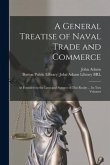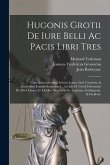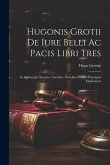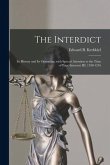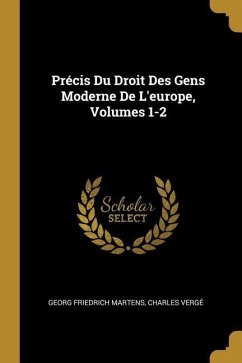"There are laws of war just as much as of peace. The use of force against those who will not submit to fair demands or will not be restrained by reason is not an injustice." -Balthazar Ayala, De Jure Et Officiis Bellicis Et Disciplina Militari Libri III (1582) De Jure Et Officiis Bellicis Et Disciplina Militari Libri III, Two Volumes in One (1912) by Balthazar Ayala, originally published in 1582, outlines basic doctrine for conducting war, most specifically that military forces cannot target civilians. This is a 1912 replica of the first edition, which includes both Volumes I and II, in Latin and English, respectively. Volume I contains the original Latin text edited by John Westlake. Volume II contains the English translation by John Pawley Bate. This treatise is rich with references to Plutarch, Cicero, and Thomas Aquinas to name a few and is a great addition to the personal library of anyone interested in the foundation of law and history. Volumes I and II are also available separately from Cosimo Classics.


